Introduction: The Dawn of a New Age with Artificial Intelligence
Artificial Intelligence (AI) has moved beyond the boundaries of science fiction and is now a powerful, transformative force impacting almost every aspect of life. With AI's capability to process enormous amounts of data, recognize patterns, and make decisions, industries worldwide are adopting this technology to enhance efficiency and drive innovation. But while AI holds incredible potential, it also brings unique challenges that society must address responsibly. In this article, we’ll explore AI’s impact across various fields, its potential future applications, and the ethical considerations essential for its development.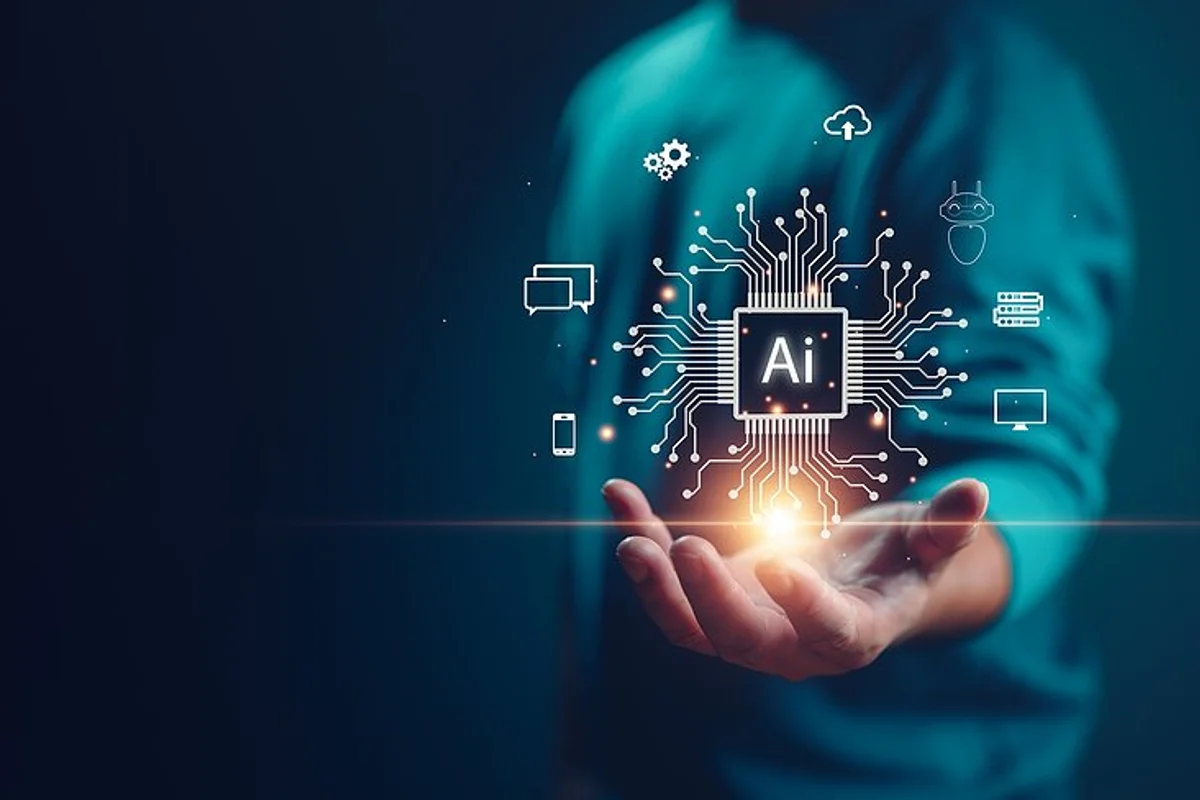
Understanding AI: How Does It Work?
At its core, Artificial Intelligence is designed to replicate certain cognitive functions, such as learning, problem-solving, and reasoning, in machines. But what makes AI unique is its capacity to improve over time through machine learning. Unlike traditional programming, which follows set instructions, AI algorithms adapt based on the data they process. This ability to learn enables AI systems to improve predictions, identify anomalies, and make decisions with minimal human intervention.
Machine learning, a primary branch of AI, uses statistical techniques to enable machines to improve tasks by identifying patterns in data. Within machine learning, there are various approaches:
- Supervised Learning: AI learns from labeled data to predict outcomes, such as identifying images or classifying emails.
- Unsupervised Learning: Here, AI finds patterns within unlabeled data, such as clustering customer preferences in marketing.
Reinforcement Learning: AI agents learn by trial and error, receiving rewards or penalties based on their actions, commonly used in robotics and gaming.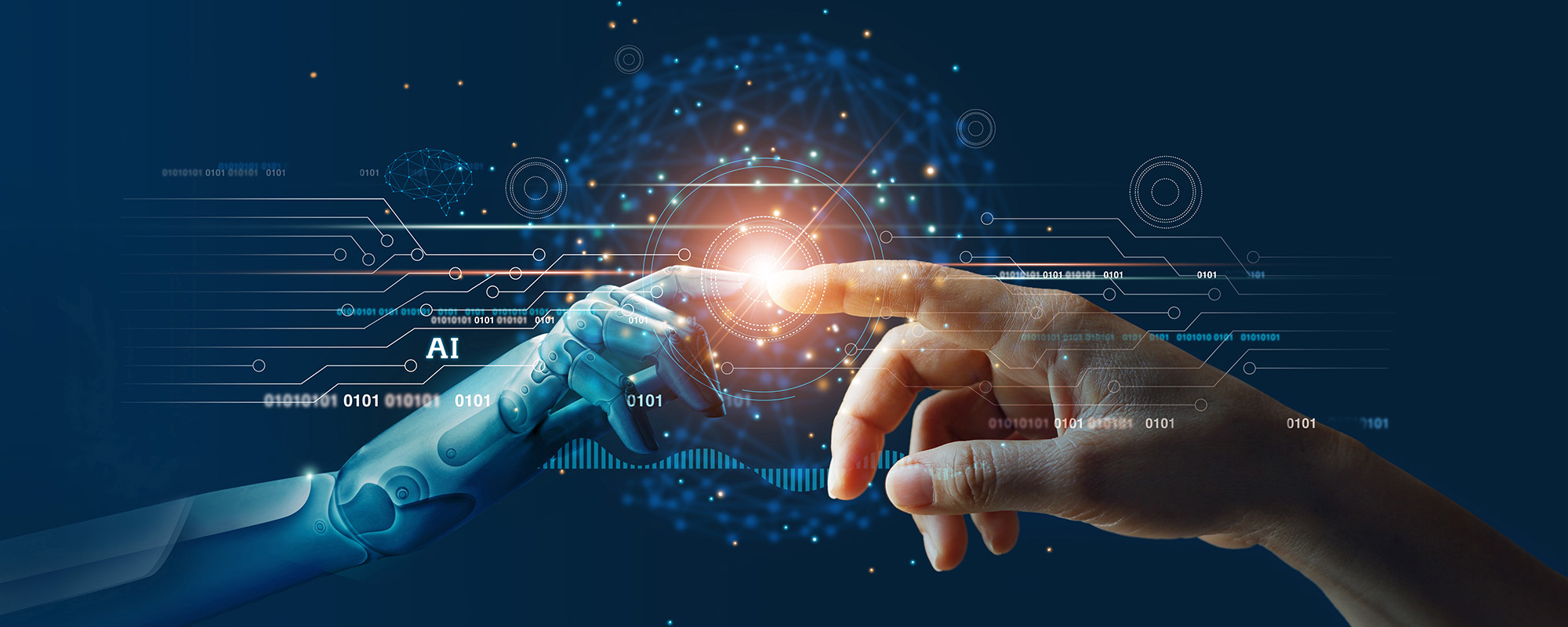
AI in Healthcare: Revolutionizing Patient Care
AI’s role in healthcare is significant, enabling earlier diagnoses, personalized treatments, and more efficient systems overall. In healthcare, AI applications include:
- Medical Imaging and Diagnostics: AI systems analyze medical images like X-rays, MRIs, and CT scans to detect diseases early. Algorithms trained on vast databases of images can recognize abnormalities such as tumors or fractures faster and often more accurately than human radiologists.
- Predictive Analytics for Disease Prevention: AI can sift through patient data to identify those at higher risk for diseases, allowing for preventive measures. For instance, predictive models in cardiology can assess the likelihood of heart disease by analyzing risk factors in patient history.
- Robotic-Assisted Surgery: AI-powered robots assist surgeons with precision, leading to minimally invasive procedures, which improve outcomes and reduce recovery times. Robotic surgery can provide more control and reduce the risks associated with human error in complex procedures.
Drug Discovery: AI accelerates drug discovery by analyzing biological data to identify new compounds and treatments. AI's speed in data processing is reducing the time required to develop new drugs, potentially saving millions of lives.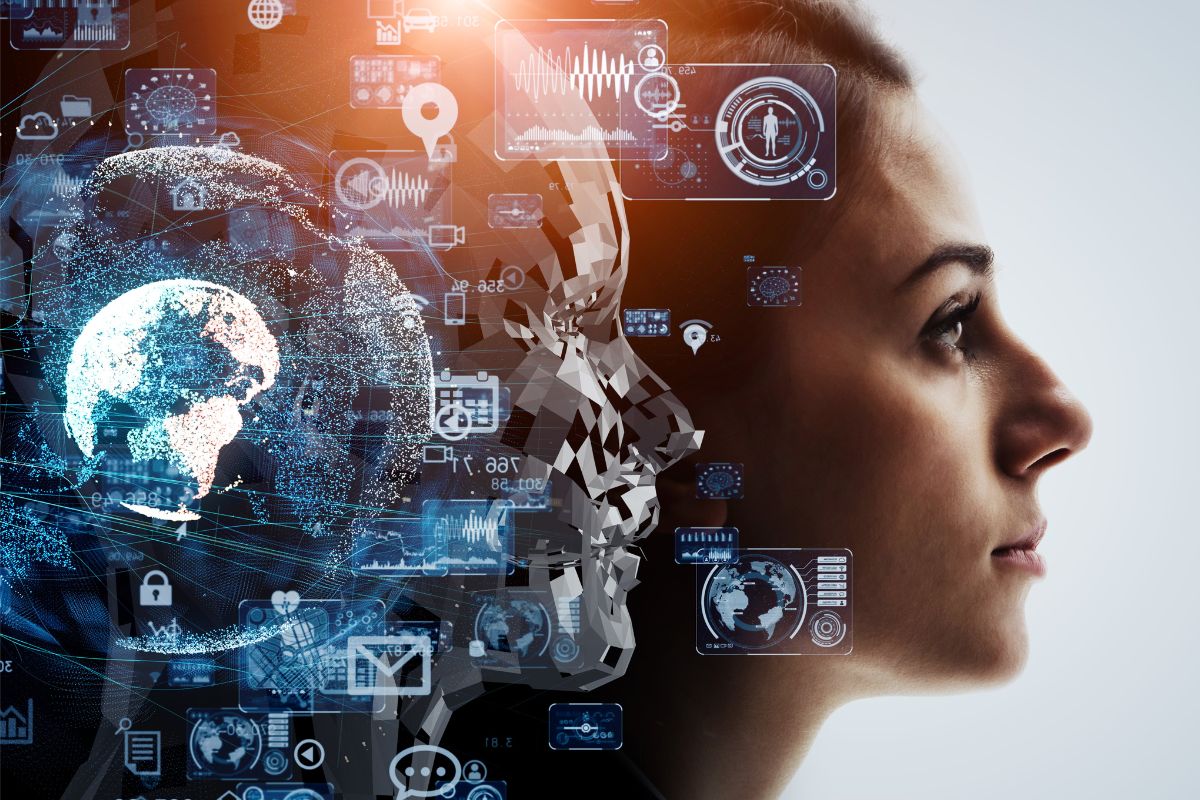
AI in Business: Driving Efficiency and Enhancing Customer Satisfaction
Across industries, businesses are leveraging AI to streamline processes, enhance customer experiences, and make data-driven decisions. Here are some of the ways AI is changing business:
- Customer Service Automation: AI-powered chatbots and virtual assistants handle customer inquiries, providing real-time responses and troubleshooting support. Chatbots can be available 24/7, allowing businesses to serve customers around the clock.
- Data-Driven Insights: By analyzing massive datasets, AI tools can identify market trends and consumer preferences, enabling businesses to create targeted marketing strategies. Companies can predict sales trends and adjust stock, reducing waste and enhancing profitability.
- Supply Chain Optimization: AI plays a critical role in optimizing logistics and inventory management. Predictive analytics helps companies anticipate demand, while AI can recommend the best shipping routes and delivery times, reducing operational costs.
- Personalized Marketing: AI analyzes browsing habits, past purchases, and social media behavior to offer personalized recommendations, making online shopping more efficient and tailored to individual customers.
AI in Education: Creating Personalized Learning Experiences
AI’s applications in education have made learning more accessible, flexible, and tailored to individual needs, helping educators and students alike. In education, AI applications include:
- Adaptive Learning Platforms: These systems use AI to adjust content based on each student’s pace and performance, ensuring a deeper understanding before moving on to new topics. This approach benefits students by providing a more tailored learning experience.
- Virtual Tutors: AI-driven virtual tutors support students outside the classroom, answering questions, and providing additional practice. These tools can fill learning gaps and offer help to students who might otherwise struggle with certain subjects.
- Smart Assessment Tools: AI systems help teachers track students’ progress by analyzing performance data. Educators can then identify struggling students and provide necessary support, while students benefit from instant feedback.
Language Learning and Translation: AI-powered translation tools and language-learning apps like Duolingo help break down language barriers, making global communication more accessible. AI language apps enable users to learn at their own pace, using interactive methods to practice speaking and comprehension.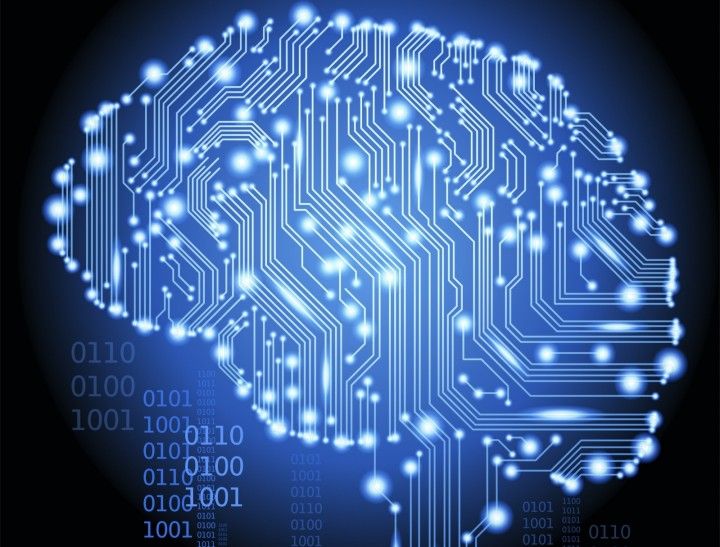
AI in Everyday Life: From Smart Homes to Personal Assistants
AI’s integration into everyday life makes it easy to overlook just how prevalent it has become. From smartphones to smart homes, AI has reshaped convenience in remarkable ways. Here are some popular AI applications in daily life:
- Voice-Activated Assistants: Devices like Amazon’s Alexa, Apple’s Siri, and Google Assistant perform tasks ranging from setting alarms to controlling smart devices. These AI assistants learn from our habits, making personalized suggestions and completing daily tasks more efficiently.
- Smart Home Automation: AI-powered devices, such as thermostats, lights, and security systems, automate household tasks, making homes more energy-efficient and secure. Smart thermostats, for instance, learn user preferences and adjust heating or cooling to save energy.
- Personalized Content Recommendations: Streaming platforms like Netflix, YouTube, and Spotify rely on AI to suggest content that aligns with individual preferences. These recommendations keep users engaged by showcasing media tailored to their tastes, enhancing the entertainment experience.
- Health Tracking and Fitness: Wearable fitness devices and health apps use AI to analyze physical activity, monitor health metrics, and provide personalized recommendations. These tools help people track fitness goals and adopt healthier lifestyles.
The Future of AI: What’s Next?
Looking ahead, AI’s potential applications are expansive and promising. Future advancements could bring us closer to autonomous systems and expand AI’s capabilities:
- Autonomous Vehicles: Self-driving cars powered by AI could reshape transportation by reducing traffic accidents, offering accessible transportation, and potentially eliminating the need for traditional drivers.
- Advanced Natural Language Processing (NLP): Future NLP advancements could make machine interactions feel more human, enabling AI systems to carry on nuanced, context-aware conversations. These improvements could reshape customer service, translation, and even journalism.
Climate Change and Environmental Solutions: AI may play a vital role in addressing climate challenges, such as predicting natural disasters, improving resource management, and analyzing environmental impact. By enabling more accurate climate modeling, AI could help inform policies and actions to protect the environment.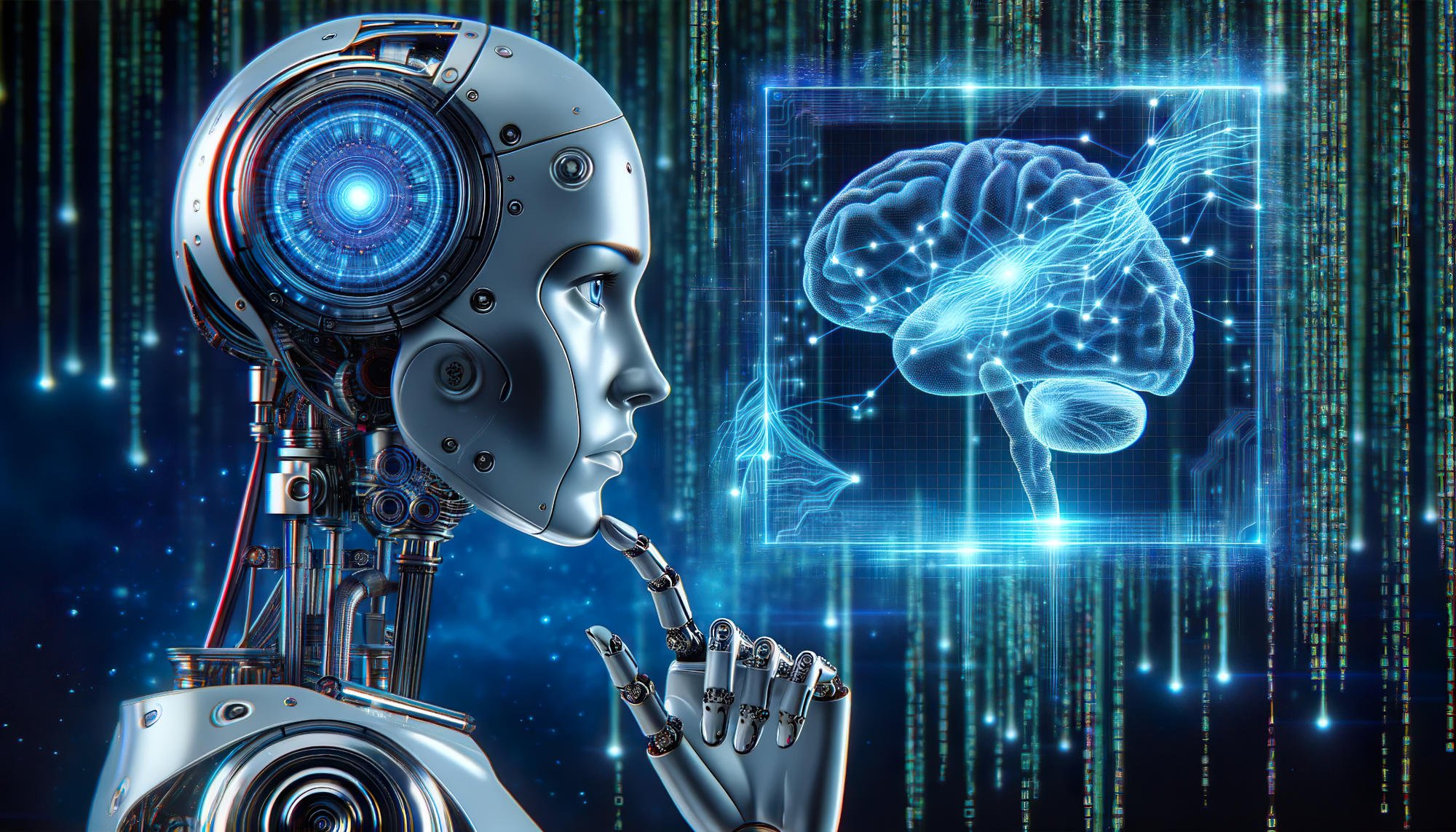
Ethical Challenges and Concerns with AI
AI brings significant benefits, but it also raises complex ethical and societal issues. As AI continues to shape our world, it’s important to address these concerns:
- Privacy and Data Security: AI requires vast amounts of data to function effectively, raising questions about data privacy and security. Protecting personal data and establishing clear regulations are crucial to prevent misuse.
- Algorithmic Bias: Since AI learns from data that may contain human biases, it can perpetuate those biases in decision-making processes. For example, biased AI algorithms used in hiring can lead to discrimination, highlighting the need for transparency in AI development.
- Job Displacement: The rise of AI-driven automation could impact jobs across various sectors, particularly those involving repetitive tasks. However, AI also creates opportunities for new roles in tech and engineering, making it essential to provide reskilling programs for workers.
Conclusion: Embracing AI Responsibly for a Better Future
Artificial Intelligence holds the potential to drive humanity forward, solving problems and opening doors to new possibilities. From healthcare to transportation, AI can help create a safer, healthier, and more efficient world. However, achieving this future requires a commitment to responsible development, ethical considerations, and cooperation between policymakers, developers, and the public. By embracing AI with caution and care, we can build a future where technology benefits everyone and continues to shape our world for the better.

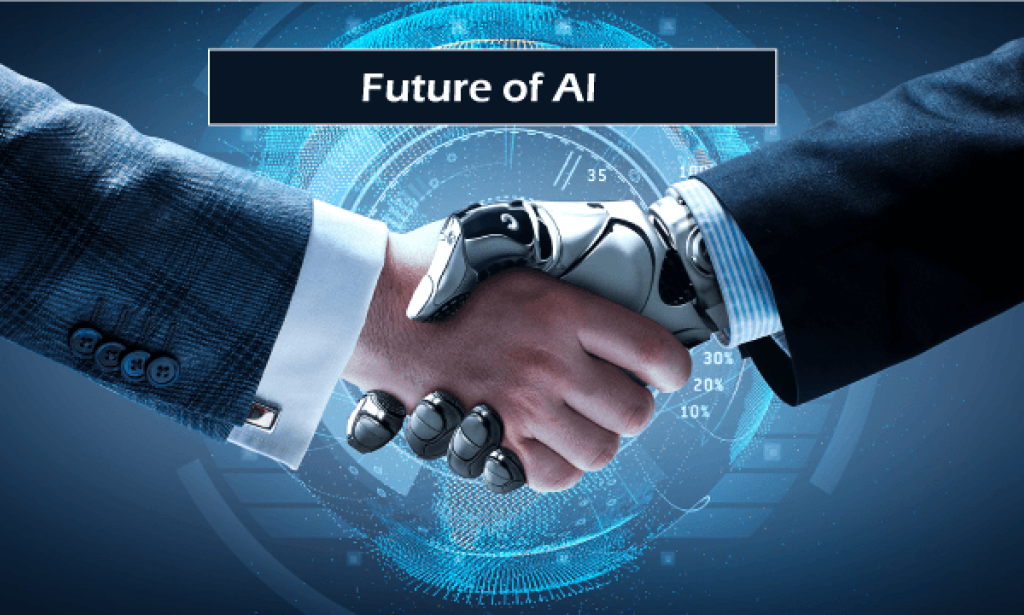
You must be logged in to post a comment.